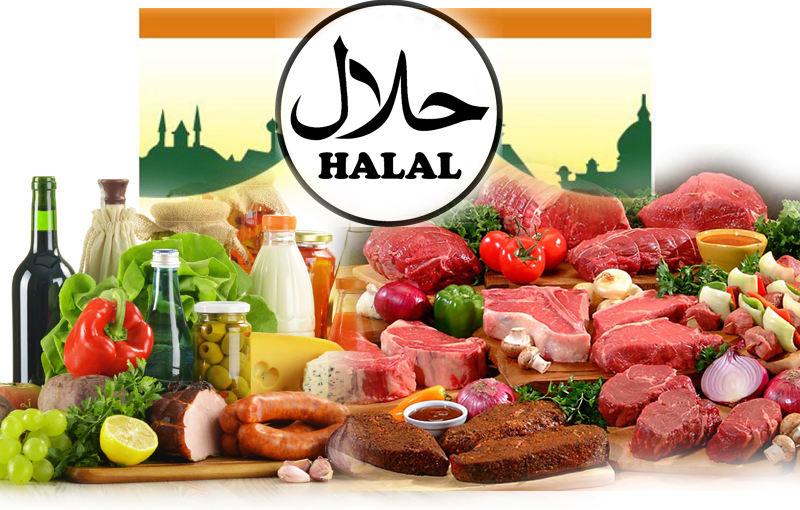NEW DELHI, Nov 19 — Prominent Islamic organisations have highlighted the risks to exports by Indian companies if proper halal standards are not maintained following a ban on halal products by the northern state of Uttar Pradesh.
Global demand for halal-certified products is robust and it is “imperative for Indian companies to obtain such certification” for exporting their goods to Muslim countries, the Halal Trust of the Jamiat Ulama-i-Hind organisation said in a statement.
The certification is not merely a requirement by many importing countries, but also helps tourists visiting India in choosing products, the Islamic body said.
It said the propaganda against halal certification may “directly undermine our national interests” as India benefits from halal exports and tourism in its relations with Organisation of Islamic Cooperation members and regions like Southeast Asia.
Halal certification means a product has been manufactured in compliance with Islamic teachings, which define what is permissible to consume and set strict hygienic and ethical standards in its preparation.
For example, halal-certified products must be free from traces of pork and alcohol.
India’s most populous state Uttar Pradesh, which is ruled by the Hindu nationalist Bharatiya Janata Party, on Saturday banned the production, storage, distribution and sale of products with halal certification with immediate effect.
However, the ban exempted products meant for export.
The ban follows a police complaint by a local man that alleged that halal certification was unfairly and misleadingly used by some companies to boost their sales.
Indian food and consumer product companies seek halal certification in order to sell to Muslim countries and political controversies may undermine trust in Indian goods.
“This is a strange decision. It shows that halal standards in India can be different for the domestic market and export markets,” said Mufti Habib Yusuf Patel, president of the Mumbai-based Halal Council of India.
“The propaganda against halal is driven by politics and communal thinking. It will erode trust in Indian companies that use the halal label to export cosmetics, meat, poultry and food items,” he told Bernama.
He said a large number of companies approaching his organisation are owned by non-Muslims and they seek advice on Sharia standards because they want to attract Muslim customers.
“We advise them on what is halal and what is forbidden and how they can make their products fit for Muslim consumers by following certain rules. It helps them in growing their business,” Habib said.
About 20 per cent of Uttar Pradesh’s 240 million people are Muslims, while the Muslim population in India exceeds 200 million.
Jamiat Ulama-i-Hind said the allegations raised against halal certification are baseless and is an attempt to spread misinformation.
Some people commenting on social media pointed out that India is a major exporter of buffalo meat produced in halal-certified plants.
The Halal Council chief said consumers must be free to decide whether they want to buy a halal-labelled product or not.
“People must have the freedom to choose their products. For example, some bakery companies label their products as egg-free as some people in India do not eat eggs. Similarly, companies label their products as suitable for vegetarian and non-vegetarian consumers,” Habib said.
“India should look at Malaysia, where the halal commerce is thriving because of high certification standards,” he said.
Source: Bernama






